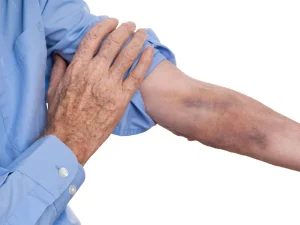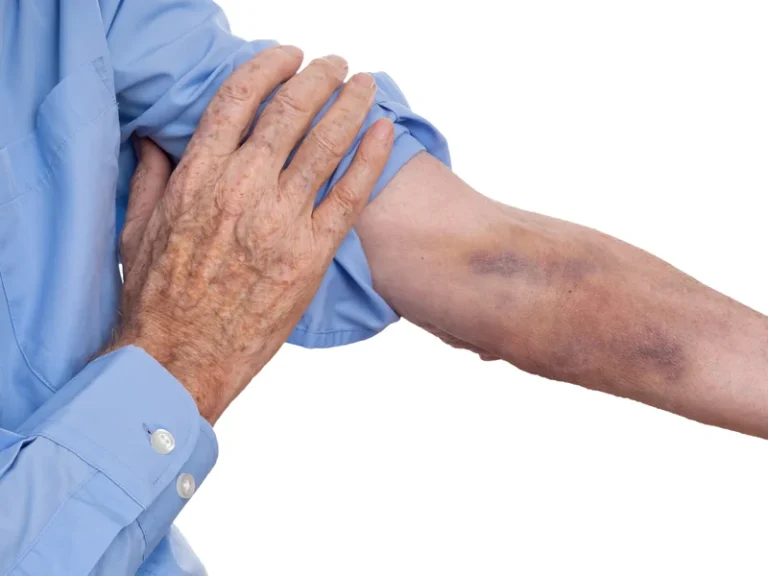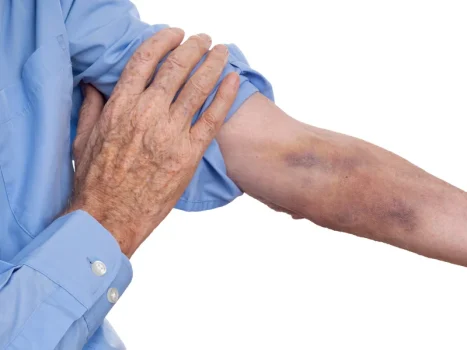Drunk Driving: The Dangers Of Alcohol

The number of DUI convictions needed to turn this offense into a felony varies by state. For instance, if you’ve had a DUI offense within the past ten years, a second offense is a felony in New York and Oklahoma. However, a DUI doesn’t become a felony until the third DUI conviction in Arizona, Nevada, and Massachusetts. For instance, when you get a DUI in Florida, probation cannot extend beyond one year. Probation terms can change as well and may be more stringent if arrested for aggravated or felony DUI.

Contents

Both phrases refer to consequences of driving drunk driving a vehicle while intoxicated by alcohol or drugs, and many states use them interchangeably. The fatal crash that claimed Victoria Wilson’s life happened just six days before Hernandez was scheduled to plead guilty. Making the choice to drive drunk instead of finding a sober ride home can lead to serious consequences, including a lifetime of anguish.
- Not only can it cause personal harm or harm to others, but drinking and driving can be detrimental to the driver’s future, landing them behind bars with the guilt and shame of harming another person.
- Sometimes, for a first offense, this is the primary penalty along with probation and license suspension, but it may be combined with other requirements like community service and restitution for victims.
- Once the officer stops the individual, they can administer tests to confirm if the individual is legally intoxicated.
- At the arraignment, the individual will be formally charged with a criminal offense and will be allowed to plead guilty or not guilty.
- Anyone who is operating a motorized vehicle or a vehicle with any type of drive train can get a DUI-type offense.
- Having a drink while getting together with family or friends is often part of many special occasions.
Paying More for Auto Insurance
- If you care about your future, the future of your loved ones and the health of our country’s economy, do not drink and drive.
- Courts may mandate substance abuse evaluations and treatment programs as part of DUI sentencing, particularly for repeat offenders.
- When you drink and drive, you’re compromising cognitive ability and responsiveness, which increases your risk for an accident.
From an inability to move freely from place to place to the adverse impact on an individual’s social and professional life, Alcohol Use Disorder a DUI can be devastating and make it difficult to move forward in life. Holding drunk drivers accountable is essential for promoting road safety and justice for victims. Law enforcement agencies play a critical role in identifying and penalizing offenders through measures like sobriety checkpoints, breathalyzer tests, and field sobriety assessments. These efforts not only remove impaired drivers from the roads but also raise awareness about the seriousness of the offense.
Can drinking raise my blood pressure?
For many individuals, rebuilding trust and re-establishing their reputation after a DUI conviction proves to be a difficult and lengthy process. Once an individual is convicted of a DUI offense, there is a record of it somewhere. In many cases, individuals are required to report these offenses on job applications and for other purposes, such as when applying to the military, applying to certain colleges, etc. Community involvement plays a major role in reducing instances of drunk driving. Local organizations, schools, and businesses can collaborate to promote safe driving practices through workshops, seminars, and public awareness campaigns. When communities come together to address this issue, they create a supportive environment that encourages responsible behavior and enhances public safety.

The Consequences of a DUI
If you care about your future, the future of your loved ones and the health of our country’s economy, do not drink and drive. In many cases, drunk driving is symptomatic of a larger issue—alcohol abuse or dependency. Addressing the root cause of impaired driving involves identifying and treating substance abuse problems through counseling, rehabilitation programs, and support groups. Individuals struggling with alcohol dependency often benefit from programs like Alcoholics Anonymous (AA) or professional addiction treatment services. Preventing drunk driving requires a combination of education, enforcement, and personal accountability. Public awareness campaigns have played a significant role in highlighting the dangers of impaired driving and encouraging individuals to make safer choices.

Permanent Injuries and Death
If you are a minor who is arrested for DUI, you may face the same potential penalties as an adult. In some states penalties for drunk drivers under the age of 21 are even harsher than what adults over 21 face, and your license will likely be suspended if you are convicted. For those age 21 and under, zero-tolerance laws criminalize driving with any amount of alcohol.
- Its financial, legal, emotional, and social repercussions are profound and far-reaching.
- For instance, if another driver cuts you off suddenly, you may be more likely to hit them because of impaired reaction time, making it difficult to think and respond fast enough to hit the brakes.
At FHE Health, we provide evidence-based, individualized clinical treatments that support long-term sobriety, and we are here to help each step of the way. Moderate alcohol consumption is generally safe, depending on your health and tolerance. DUIs refer to citations issued by law enforcement to those drinking and driving over the legal limit. After an individual is arrested for a DUI-type offense, they will go to court for an arraignment. At the arraignment, the individual will be formally charged with a criminal offense and will be allowed to plead guilty or not guilty. The standard legal advice is to plead not guilty at the arraignment, pay the bond, get released, and then seek the assistance of an attorney for further steps in the process.
What we don’t know: The significant limitations of alcohol-related health research

Drinking and driving, also referred to as driving under the influence (DUI), involves operating a vehicle with a blood alcohol content (BAC) of at least 0.08%. Getting behind the wheel after having even just a few drinks can prove to be dangerous to yourself, pedestrians, and other drivers. For people who have been caught drinking and driving before, the court might require the installation of a special device in their car called an ignition interlock device (IID).
